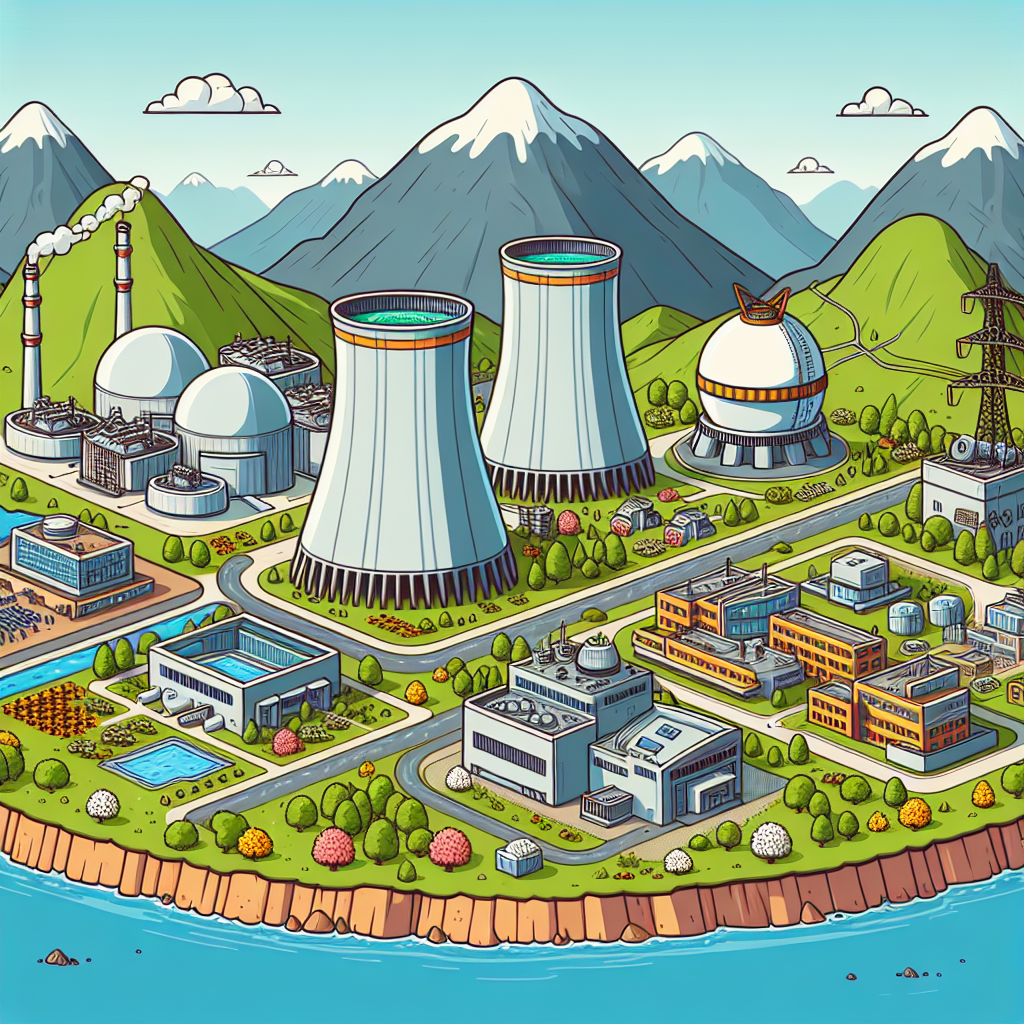UN Experts Condemn US Strikes on Iran's Nuclear Sites, Warn of Global Consequences
The joint statement, released today, referred to the attacks on three Iranian nuclear facilities — Fordo, Natanz, and Isfahan — as a blatant breach of the UN Charter’s prohibition on the use of force.

A group of independent United Nations experts has issued a strong condemnation of recent United States military strikes against nuclear facilities in Iran, describing the attacks as a grave violation of international law and a dangerous precedent for global security.
The joint statement, released today, referred to the attacks on three Iranian nuclear facilities — Fordo, Natanz, and Isfahan — as a blatant breach of the UN Charter’s prohibition on the use of force. The U.S. assault, which involved 75 air and sea-launched munitions, caused extensive damage to Iran’s nuclear infrastructure, triggering sharp international criticism and increasing fears of wider regional destabilization.
Legal and Moral Violations: UN Experts Speak Out
“These attacks violate the most fundamental rules of world order since 1945,” the UN experts said. “The responsible U.S. political and military leaders may also be liable for the international crime of aggression.”
Quoting Article 2(4) of the UN Charter, the experts emphasized that states are strictly prohibited from threatening or using force against another country, except under two narrow conditions: self-defence against an actual or imminent armed attack, or with authorization from the UN Security Council. The experts underlined that neither condition was met in this case.
“Iran has not attacked the U.S. or Israel with a nuclear weapon,” they stated. “There is no evidence whatsoever that Iran intends to imminently attack the U.S. or Israel with a nuclear weapon.”
The experts further rejected any justification based on “preventive” or “anticipatory” self-defence, which they say has no grounding in international law. Such a doctrine, if accepted, would enable powerful states to launch military strikes based on hypothetical future threats—an erosion of international norms they warned could unleash a dangerous era of unilateral aggression.
Human Rights and Environmental Risks
Beyond the legal framework, the UN experts expressed deep concern over the human rights implications of the strikes. The facilities targeted — all part of Iran’s civilian nuclear infrastructure monitored by the International Atomic Energy Agency (IAEA) — could have released radioactive materials, threatening the health, safety, and environment of millions.
“These attacks seriously threatened the rights to life, personal security, health, a clean environment, and self-determination,” the statement read.
According to the IAEA, nuclear facilities should never be attacked, as doing so poses unacceptable risks to civilian populations and long-term environmental degradation. The experts stressed that under international humanitarian law, such targets are generally off-limits, especially when located near civilian areas.
A Fragile Ceasefire Amid Regional Tensions
Following the U.S. strikes, Iran retaliated with an attack on a U.S. military base in Qatar. Reports indicate that the Iranian response caused no injuries or material damage, and a fragile ceasefire now appears to be in place. However, the situation remains highly volatile, with fears that further escalation could plunge the region into a broader conflict.
The experts warned that the timing of the U.S. strikes could jeopardize diplomatic initiatives, particularly efforts to revive the Joint Comprehensive Plan of Action (JCPOA)—the 2015 nuclear agreement from which the U.S. unilaterally withdrew in 2018. The assault also undermines confidence in the Nuclear Non-Proliferation Treaty (NPT), the cornerstone of global nuclear disarmament efforts.
A Call for De-escalation and Diplomatic Resolution
The UN experts called on all parties to immediately refrain from further military action and instead commit to the peaceful settlement of disputes in line with international law. They urged renewed engagement with multilateral frameworks like the IAEA and the JCPOA, and stressed the importance of upholding the UN Charter.
“In a world experiencing deep economic crisis... financial resources mobilized for military aggression should be redirected to peace-making and development,” the experts noted.
They also expressed dismay that the U.S., a permanent member of the UN Security Council tasked with upholding peace, would carry out such unilateral military action. This, they argued, threatens to normalize ‘gunboat diplomacy’, weakening global multilateralism and the rules-based order.
Final Appeal: Defending the Rule of Law
In their concluding remarks, the experts appealed to the international community:
“At a time of crisis for multilateralism, all countries should oppose such lawlessness and pressure the U.S. and Israel to respect the universal rules of humanity.”
This statement joins a growing chorus of global voices urging de-escalation, accountability, and a renewed commitment to dialogue and diplomacy over military confrontation. As the world watches the unfolding crisis, the need to safeguard international norms and human rights has never been more urgent.
ALSO READ
Trump's Uncertain Diplomatic Dance with Iran: Talks Floated Amidst Ceasefire Strains
Escalating Conflict: Israeli Strikes Continue Amidst Ceasefire Efforts
France's Covert Drone Defense: Unsung Heroes of the Middle East Ceasefire
Prashant Kishor Criticizes Government Over Ceasefire Decision in Operation Sindoor
European Markets Steady amid Israel-Iran Ceasefire and Looming US Trade Deadline










